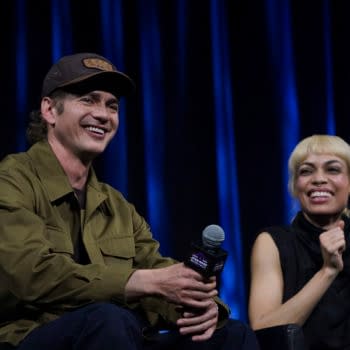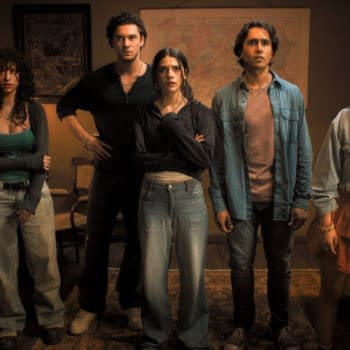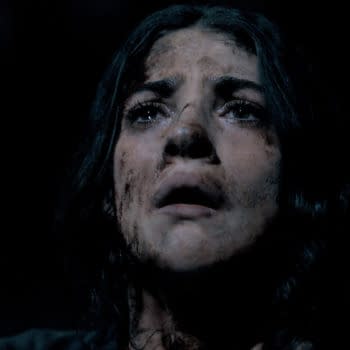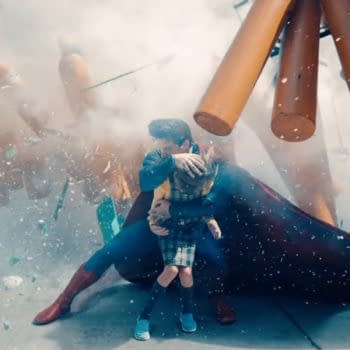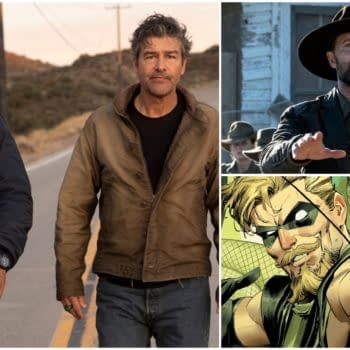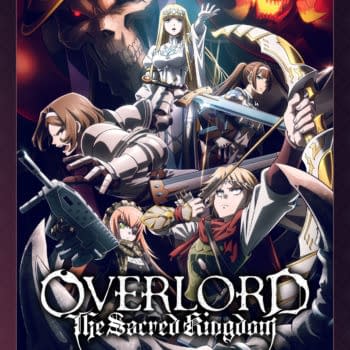Posted in: Movies, News | Tagged: film, godzilla, Godzilla Minus One, Toho
Godzilla Minus One Director on Monsterverse Differences
The director of Godzilla Minus One is revealing his thoughts on the differences between Toho and Legendary's iterations of the character.
Article Summary
- Director Takashi Yamazaki shares insights on TOHO's Godzilla as a metaphor for calamity.
- Godzilla Minus One explores the kaiju as a "malevolent god" distinct from Western versions.
- Yamazaki's love for the Shōwa era shapes Godzilla Minus One's post-war Japan setting.
- The film receives an extended theatrical run in the US, celebrating its unique vision.
Godzilla Minus One has earned itself an incredible reputation, with many praising the film as being the cinematic event of the year (our review, here). And while many still enjoy a world where we can marvel at the popcorn-flick outlandishness of Legendary's current stories, TOHO's wartime drama has solidified that audiences want both. Now, the director of the newest Godzilla film is sharing his take on how Godzilla Minus One differs from what we've seen with Hollywood's adaptations.

Godzilla Minus One Focuses on a "Malevolent" God
In conversation with Letterboxd, Godzilla Minus One director Takashi Yamazaki discussed a few of the primary differences between various Japanese incarnations of the kaiju as opposed to Legendary's recent Monsterverse franchise for Western audiences. The celebrated filmmaker divulged, "The point of international Godzilla is that he's a really powerful monster, but a Japanese Godzilla is halfway a godlike creature in many ways. Not necessarily a religious god, but more like a Japanese god, a malevolent and destructive one. He's a metaphor for nuclear weapons, war — you could view [him as] COVID in this film — the nuclear power plant in Shin Godzilla, and that metaphor for these incidents is important to a Japanese Godzilla like this."
Yamazaki later noted that his own particular fascination with Japanese history largely contributed to the film's direction in the narrative, explaining, "I felt like it would be an interesting movie if I created something where further issues arise in an already difficult existence and forces ingenuity." He continued, "But beyond that, I love the Shōwa era of Japanese history and wanted to show a Godzilla in that time period."
The movie's summary explains, "Post-war Japan is at its lowest point when a new crisis emerges in the form of a giant monster, baptized in the horrific power of the atomic bomb."
Godzilla Minus One has earned itself an extended theatrical release in the US, so make sure to go check out the epic Kaiju event while you still can!




